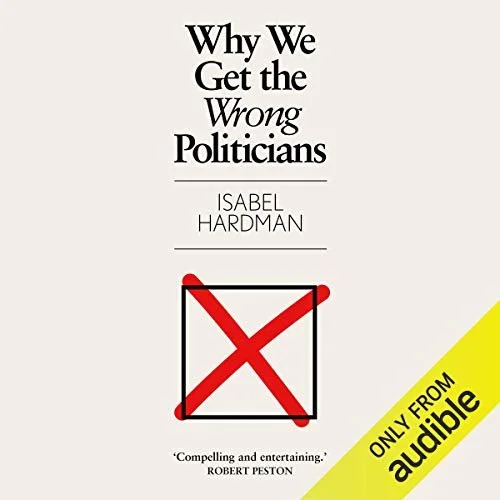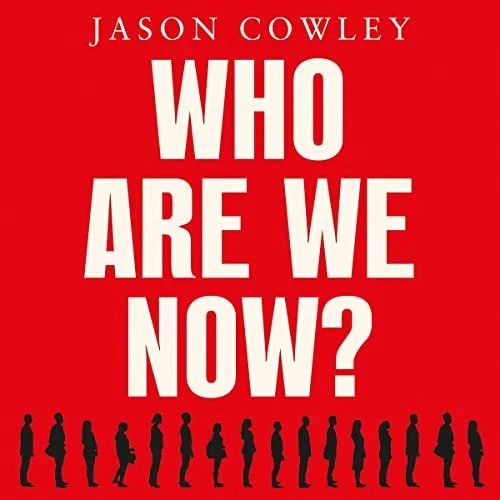Why We Get the Wrong Politicians by Isabel Hardman makes a strong case for why people don’t go into politics
In the complex and bizarre world of British politics, it's often hard to work out why certain individuals rise to power while others remain on the backbenches. Isabel Hardman's book, Why We Get the Wrong Politicians delves into this perplexing phenomenon with a keen eye and a wealth of insider knowledge. As someone deeply entrenched in the political landscape, Hardman offers a unique perspective on why some people get political influence and others don’t.
Feeling cynical, I expected Hardman to advocate for the influx of businesspeople into politics, touting their expertise and efficiency over insider politicians. However, her arguments are far more nuanced than a simple call for corporate leadership. Instead, she presents a compelling and more complex account of what is wrong with contemporary politics.
The cost of running for office
One of the key issues Hardman addresses is the prohibitive cost of entering politics. From campaign expenses to lost income during candidacy, the financial burden can dissuade many qualified individuals from pursuing a career in public service. While political parties could certainly do more to alleviate this strain, the financial hurdles remain a significant barrier to entry.
Moreover, the entrenched culture of Westminster further alienates potential candidates. The prevalence of bullying and violence directed at politicians creates a bear pit that discourages participation from ordinary citizens. As a result, a narrow demographic dominates the political landscape, perpetuating a cycle of homogeneity that fails to reflect the diversity of society at large.
Scrutinising legislation
Hardman’s most compelling argument, however, centres on the inadequacy of MPs in fulfilling their primary role: scrutinising legislation. Despite being tasked with shaping laws that govern the nation, politicians often lack the time and resources to thoroughly review proposed measures. This deficiency undermines the democratic process and erodes public trust in politics.
An attack on the status of politicians
What Hardman doesn’t mention is that people have been turned against politicians by those who want power to be invested elsewhere, i.e. in the private sector. Big business and its powerful media allies have undertaken a campaign to convince us that politicians are ineffective and should not be trusted with power.
This is the argument, often advanced by those on the right and centre, for having more businesspeople in politics or moving power and decision making out of politics towards business. This has been the dominant narrative in politics since 1979 and it discourages the right people from entering politics, while ensuring that politicians are held in a low esteem.
We need the right politicians
Hardman's books shows that the allure of politics pales in comparison to other fields, particularly that of technology and business. As ambitious individuals flock to industries perceived as more cutting-edge, the talent pool available for political leadership diminishes.
Why We Get the Wrong Politicians offers a thought-provoking examination of the systemic issues plaguing British politics. Hardman's astute observations and well-reasoned arguments make a compelling case for reforming the political landscape to foster greater inclusivity and accountability.
While the challenges ahead are daunting, the book serves as a rallying cry for those committed to revitalising democracy and ensuring that the right individuals rise to power for the benefit of society.



